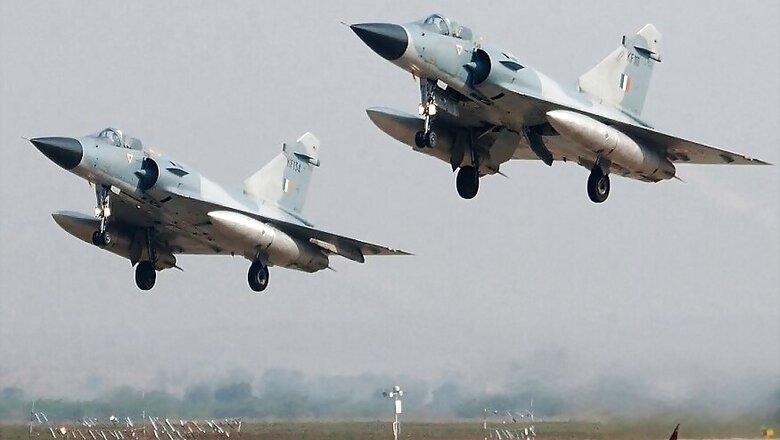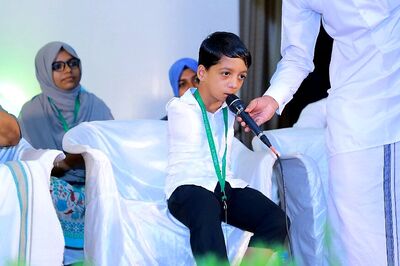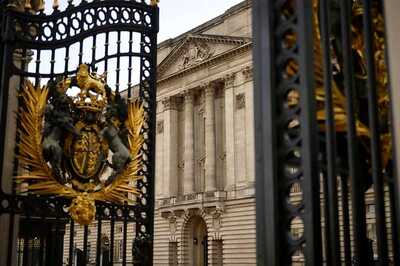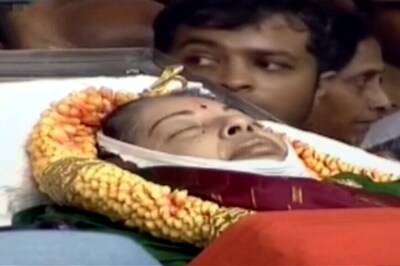
views
New Delhi: Twelve days after losing 40 CRPF soldiers in a terror attack, India struck back by, as per sources, striking deep inside Pakistani territory of Balakote, and two sites in PoK -- Muzaffarabad and Chikoti.
Surgical strikes 2.0, in which 12 Mirage-2000 fighters have been used, are several times bigger in scale than the ones conducted after the Uri attack in September 2016.
Here’s are three reasons why:
1. The first surgical strikes conducted on September 29, 11 days after the attack on Uri in which 19 army soldiers lost their lives, were carried out close to the LoC near Kupwara and Poonch by the special forces.
Tuesday’s surgical strikes have been carried out deep inside Pakistani territory, apart from sites in PoK like Muzaffarabad and Chikoti.
This is the first time after the 1971 war that Indian fighter aircraft have violated Pakistani airspace. Indian aircraft did not cross the LoC even during the 1999 Kargil war.
The reason that world over many countries, not just India, exercise extreme caution while carrying out air strikes because exercising air power on foreign soil is considered to be an act of war.
2. The second reason why surgical strikes 2.0 were much bigger on the scale than the first surgical strikes is because the payload of weapons dropped on Jaish sites is reported to be much, much bigger compared to the sort of artillery and gunfire used in the first surgical strike.
Around 1,000 kg of laser-guided bombs have been dropped on Jaish control sites, according to sources. Some reports have put the casualty figures at around 200. While official word on the air strikes is still awaited, the toll, which in the earlier strikes was pegged at around 50, certainly looks to be much higher this time.
3. These daring strikes were conducted in Pakistani soil despite the high level of alertness expressed by Pakistani defence forces.
The Chief of Pakistani Air Staff Air, Mujahid Anwar Khan, just two days ago had said that Pakistan Air Force (PAF) chief said that his force would "thwart any misadventure by the enemy" and was ready to respond to any incursion with full force as per the aspirations of the nation.
Surgical strikes 2.0 have proven that not only can India strike terror camps at will, India has the capability of carrying out precision attacks despite full battle alertness by the Pakistani air force.
India carried out these attacks despite the high stakes involved. Had any one of the dozen jets successfully targetted by Pakistani forces, it could have resulted in deep embarrassment for the Indians.
Moreover, the strikes were conducted despite the threats made by Pakistani Prime Minister Imran Khan that were India to retaliate for the Pulwama attacks, Pakistan wouldn't think of retaliating, it would retaliate.




















Comments
0 comment